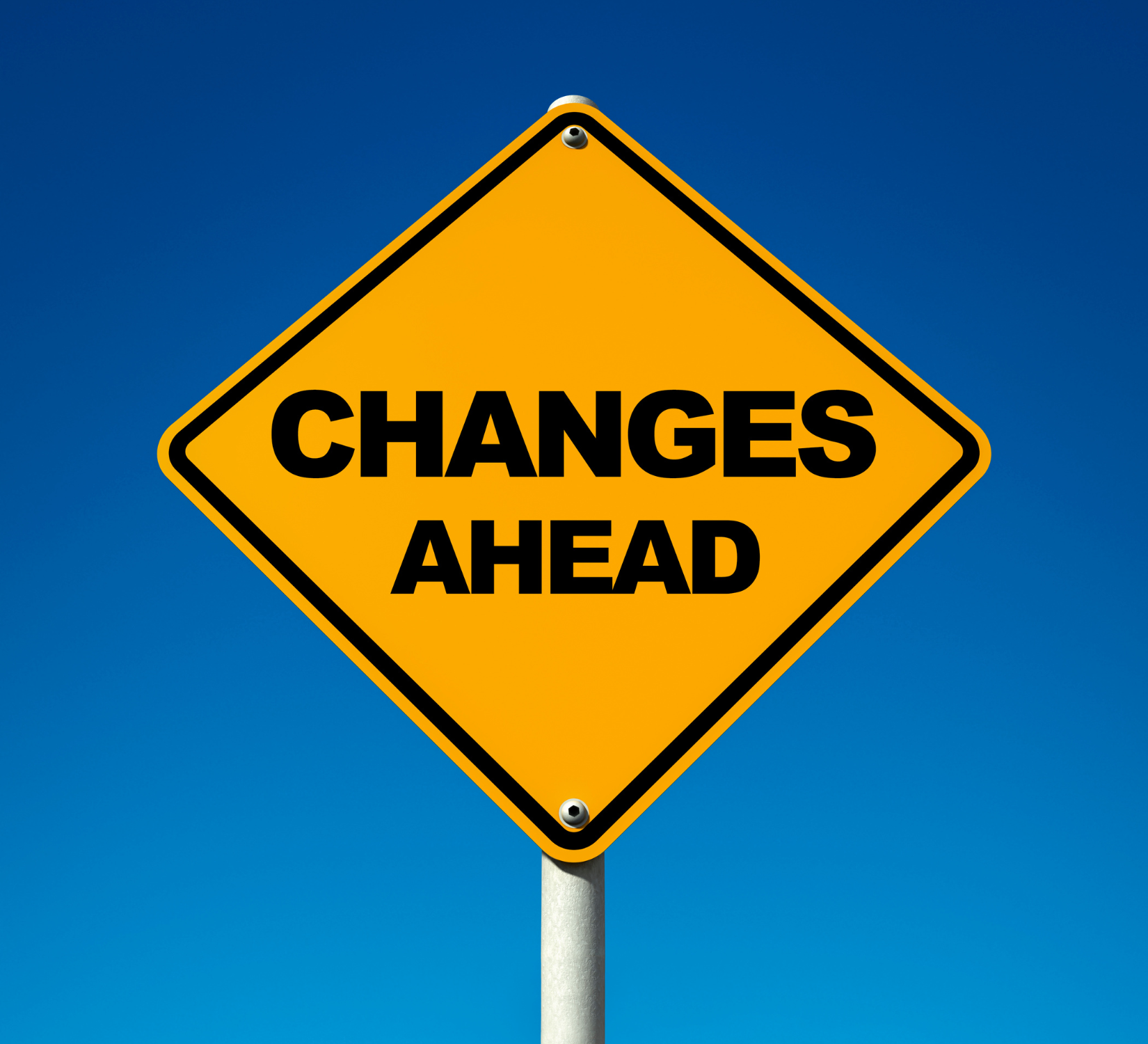Transition: An Inevitable Part of an Athlete’s Career
It’s inevitable. At times in our athletic career, we will encounter moments of transition as a result of age, retirement, graduation, not making a team, injury/illness, free choice, family obligations, and issues with sport structures (e.g., coaching staff, organizations, etc.). What’s most unsettling in these transitions is that they can occur at any time, whether planned or unplanned. Can anyone say uncertainty? Every athlete’s least favorite word! As a result, it is recommended that athletes receive support surrounding transition from sport.
What Does Literature Tell Us?
One of the most widely used models to help conceptualize sport transition is Schlossberg’s (1981) model of human adaptation to transition (Williams & Crane, 2015). There are three types of transition outlined in this model:
1. Anticipated transition – one that occurs predictably
2. Unanticipated transition – not predictable or scheduled
3. Non-events – transitions that are expected but do not occur
Also important to note is that transition from sport often is a lifelong process (Lally, 2007).
Most Prevalent Causes of Sport Transition
There are many reasons why an athlete may transition from sport. Two of the most common include age and injury. Without question, transition from sport due to age and injury (amongst other causes) can create physical, emotional, social, and psychological struggles for athletes. Athletes who encounter anticipated transitions, unanticipated transitions, and non-events will likely experience effects of transitions such as changes in self-confidence, mood states, emotions, social circles, physical abilities, and identity.
Investigating Transition Resources
To help support athletes through their transitions in sport, the Behavior Technology Laboratory at Pennington Biomedical Research Center, led by Dr. Tiffany Stewart, in association with LSU Athletics aims to investigate the physical and mental health needs of collegiate athletes and how they differ in and out of sport. It is their aim to identify facets of support that athletes may need when transitioning out of sport by assessing current and previous college athletes' experiences.
The research team is looking for current and previous collegiate athletes over the age of 18 and within two years before leaving sport or within five years after leaving sport to complete a needs assessment and/or participate in a focus group. Compensation is available. You can use the below links to access the needs survey and/or the focus group:
Athlete Transition Needs Assessment (Password: SCORE)
Athlete Transition Focus Group Screener
In the Meantime...
While the researchers at the Behavior Technology Laboratory investigate resources to help athletes transition out of sport, here are a few ways to help adapt to sport transitions:
1. Honor your unique skillset – Effective communication, navigating multiple responsibilities, time management, prioritization, and goal setting are only a handful of skills that athletes have refined while participating in sport. Wonderfully, these skills are transferable and can help you adopt self-confidence outside of your sport.
2. Develop your personal identity – Identity loss through transition of sport is scary, confusing, and anxiety-inducing. Instead of letting go of your athletic identity, can you adjust your expectations of what movement and sport look like? Perhaps you want to try a new form of movement/exercise that you never got to while being an athlete or learn what other skills and hobbies you can develop now that your time isn’t taken up by sport. Get curious!
3. Lean on your support system – It can feel lonely and isolating to transition from sport, especially when athletes lose their immediate support system (coaches, teammates, etc.). While non-athlete friends and family can absolutely be resources for support, try to connect with others who can relate to your transition experiences. Finally, don’t be afraid to reach out for help from professionals, either in the athletic department or in the community.
For support and guidance throughout your college career as an LSU student-athlete, reach out to your resources. It’s often the hardest step, but the most rewarding.
LSU Sport Psychology & Counseling
GeauxBeWell@lsu.edu
References:
Lally, P. (2007). Identity and athletic retirement: A prospective study. Psychology of Sport and Exercise, 8(1), 85-99. https://doi.org/10.1016/j.psychsport.2006.03.003
Schlossberg, N. (1981). A model for analyzing human adaptation to transition. Counseling Psychologist, 9(2), 2-18. https://psycnet.apa.org/doi/10.1177/001100008100900202
Williams, J.M., & Krane, V. (2015). Applied Sport Psychology: Personal Growth to Peak Performance. McGraw Hill Education.











